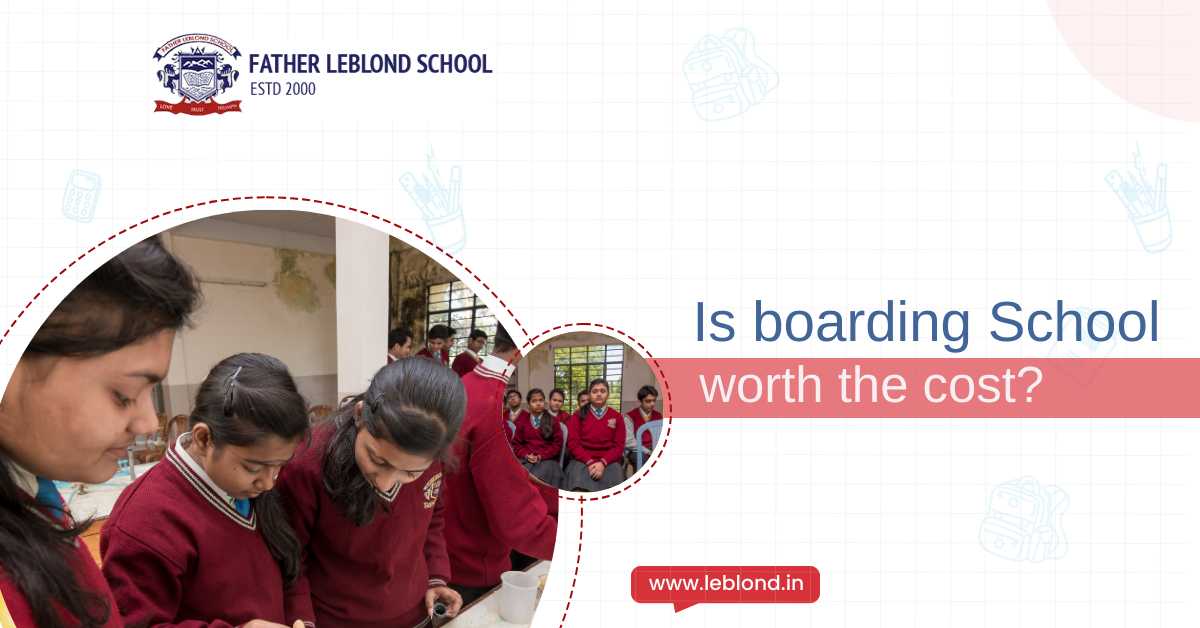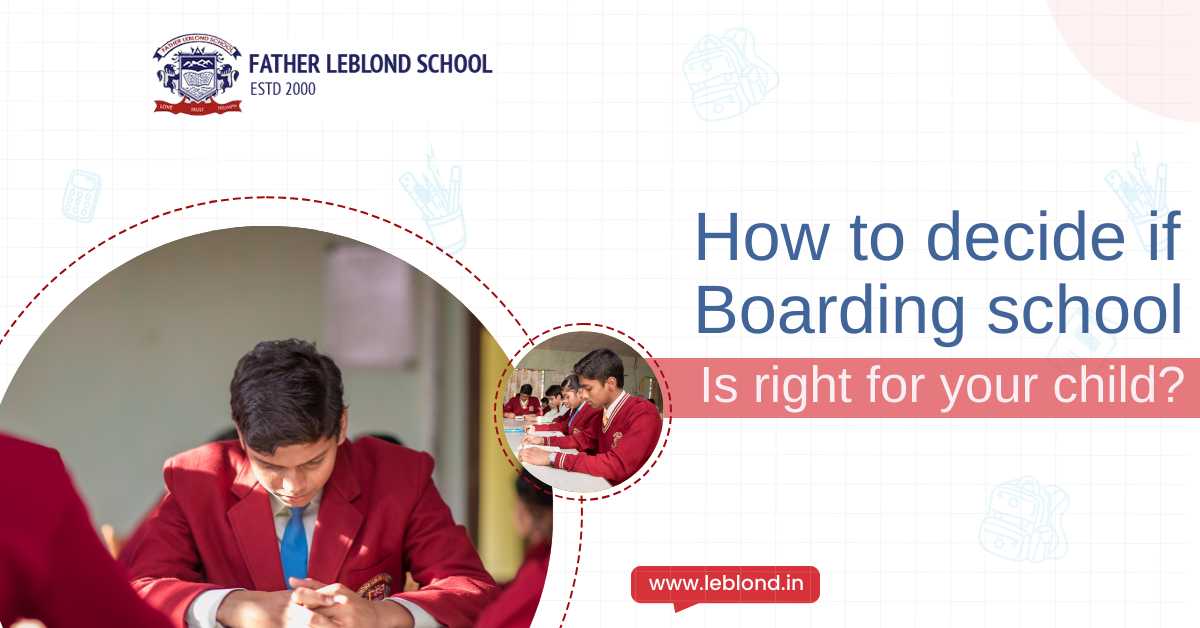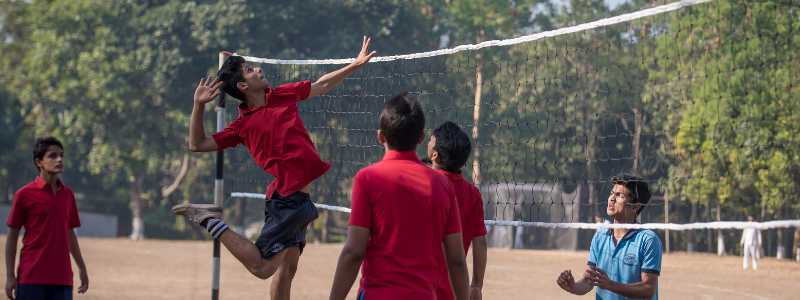All work and no play makes anyone feel bored and dull. In contemporary terms, co-curricular activities were just hobbies such as sports or arts. However, the term encompasses a far greater meaning. Co-curricular activities essentially mean that they are part of the curriculum just as much as Subjects like History or Mathematics are.
Father LeBlond School is proud to say that we have the best co-curricular activities among schools in Siliguri. We do not treat them as out of the syllabus. For us, these activities are just as important as subjects in the classroom.
What do Co-Curricular Activities entail?
Co-curricular pursuits are extracurricular activities conducted in addition to academic pursuits. Co-curricular tasks are generally held outside of regular classes, but they complement the education by allowing students to learn through practical knowledge. Pupils' conflict, rationality, rational reasoning, innovation, collaboration, and teamwork skills are all aided by these exercises.
Why are these important?
Music, art, or theatre classes happening during the school day are co-curricular programs. Volunteering in a school football team, campus debating groups or a school magazine managing editor are all examples of optional activities. Involvement benefits pupils' mental development, interpersonal skills training, and general identity formation in any circumstances. It suggests that co-curricular activities are essential.
These ideas emphasize that teaching and learning in the twenty-first century must extend beyond the classroom walls. As a result, the primary objective of education and knowledge will be to promote overall growth and development. Co-curricular programs are critical in encouraging personal growth.
Cognitive, physiological, moral, and social developments are all aspects of overall success that can be attained with appropriate training and education.
Co-curricular events aid in students' holistic innovation, essential skills, and talents required to succeed and be happy in 21st-century life and work environments. As a result, co-curricular programs play a huge role in school and university learning.
Skills that you will acquire through co-curricular learning:
Co-curricular pursuits can help you acquire 12 essential attributes and skills.
When conceptual education and co-curricular experiences are combined, you have a better opportunity to learn and understand more about yourself, and explore your talents, hobbies, and capabilities. Which is where co-curricular events, which are not part of the academic syllabus, come into play.
Indeed, most of your psychological development takes place in the classroom. However, co-curricular hobbies also have a role to play in the overall development of your character, such as mental growth and social skills enhancement. As a result, the significance and value of co-curricular activities in capacity building cannot be underestimated.
Co-curricular activities can help you acquire the following 12 vital skills and values:
- Great analytical reasoning - Examining the causes of events and circumstances.
- Good logical skills - Analyzing ideas, thoughts and enhancing critical thinking.
- Problem-solving abilities using different techniques, ideas, and methods. Figuring out a new method to tackle issues, envisioning, and coming up with new ideas are all examples of creativity and innovation.
- Assuming responsibility for actions and persuading people to work for a worthy cause, defining goals, and at the same time encouraging others to strive toward goals, and assuming responsibility are all examples of leadership qualities.
- Partnership, communication, and creating friendly relations with others are examples of social skills.
- Knowing your advantages and shortcomings, regulating your feelings, and feeling compassion for others are all examples of emotional competence.
- Interpersonal ability - This includes the ability to explain oneself, listen to everyone else, and talk in public, among other things.
- Digital talents - Using computer tools and apps to complete tasks.
- Honoring individual variations and other people's views and cultures are examples of social beliefs.






